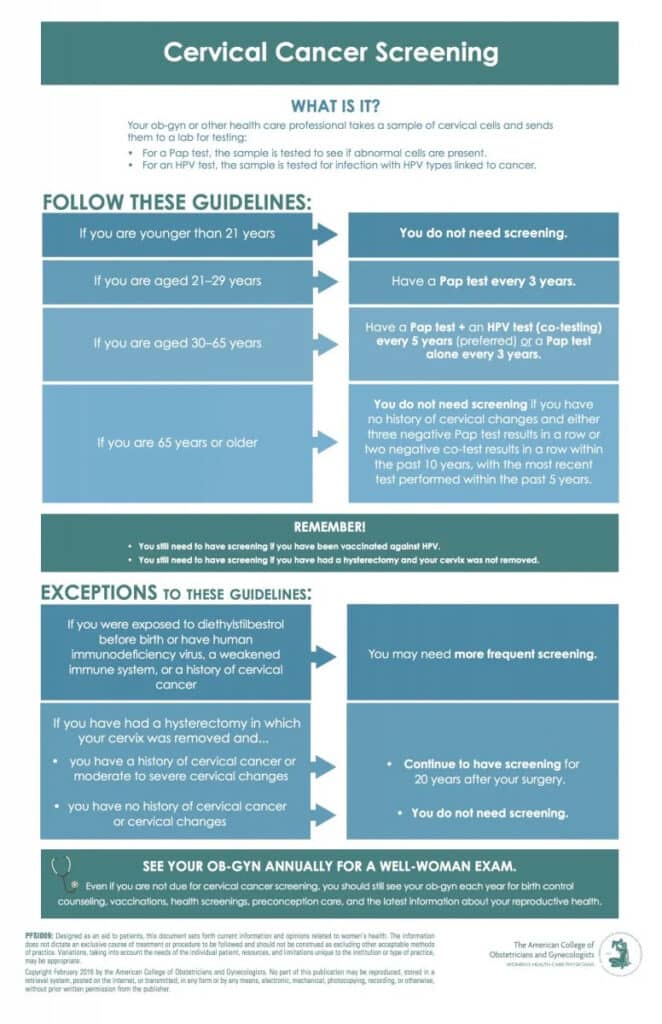January is Cervical Cancer Awareness Month. This is a great time for women to refresh their knowledge of cervical cancer and to take appropriate steps for disease prevention. The National Cancer Institute projected that almost 13,000 women would be diagnosed with cervical cancer last year. “Cervical cancer used to be the number one cancer cause of death in women, but over the past 40 years, the number of deaths from cervical cancer has dramatically dropped,” shares Dr. Joanna Wilson, with HerCare at BSA Amarillo Diagnostic Clinic. “This is due to the use of the pap smear test in women, which detects cellular changes early and allows for treatment before cancer occurs.” The American Cancer Society recommends pap smears start at age 21 and occur every three years until age 30, when the use of cotesting for HPV infection allows for pap smears to occur every five years. Women over 65 years of age who have had regular screening the previous ten years should stop screening as long as they haven’t had any serious pre-cancers in the prior twenty years.
The American Congress of Obstetricians and Gynecologists (OCOG) guidelines for cervical cancer screening by age for women are below:

The main cause of cervical cancer is the sexually transmitted Human Papillomavirus (HPV) infection. “We can prevent this infection with vaccines against the Human Papilloma Virus. The HPV vaccines have proven extraordinarily successful in preventing HPV infections and subsequent cervical cancer. Vaccination is most effective in adolescent girls and boys prior to becoming sexually active. The CDC recently recommended a reduced dosing schedule for children ages nine through fourteen – only two-shots separated by six months, instead of a three-shot series. From ages 15 to 26, the recommendation remains the original three-shot series. Vaccinated women should still continue the recommended schedule of pap smears,” explains Dr. Wilson. “If a woman stays up-to-date with her pap smear tests, her physician will catch the changes due to HPV before they become cancerous,” says Dr. Wilson. “Death from cervical cancer is completely preventable now. We have the ability to prevent the infection with vaccines, and to catch any abnormalities in their early stages with consistent screening.”
For more information about vaccines, or to schedule an appointment with a provider, click here or call 806-358-0200.

